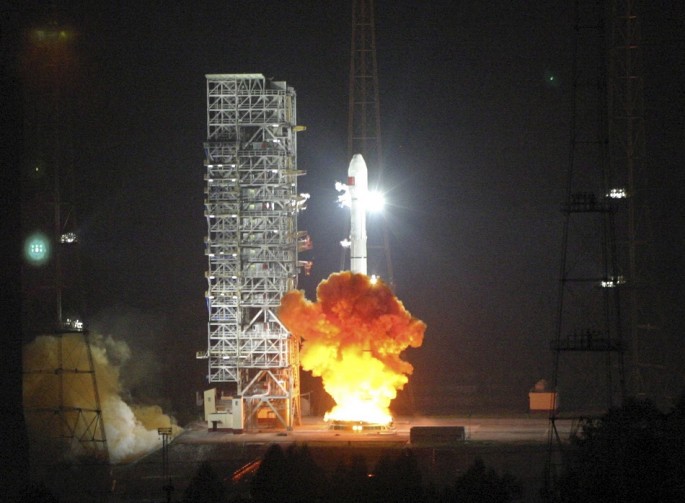Infrastructure that boosts precision navigation and positioning for China's Beidou Navigation Satellite System will be built on Qinghai's Xining and Haidong City.
According to the First Institute of Surveying and Mapping of Qinghai, the infrastructure includes base station networks, data processing, broadcasting systems and user terminals.
Results are expected by 2018. Currently, Beidou has 20 satellites.
The system began to provide precision positioning, location reporting, real-time navigation, precise time reading and short message services for users in China and the Asia-Pacific in Dec. 2012. China aims to make it a global system by 2020.
Beidou was officially approved part of Global Radio Navigation System during the 94th meeting of the International Maritime Organization (IMO) Maritime Safety Committee in London on Nov. 17-21, 2014.
It indicated that Beidou's international legal status has been recognized.
China's Ministry of Transportation sent a delegation to attend the meeting where they introduced Beidou system's service performance, operation maintenance and management requirements.
It was the first time for China's Beidou system standard to achieve recognition from an international organization.
The IMO recognition of Beidou system made it the third navigation satellite system serving world maritime users after United States' NAVSTAR Global Positioning System (GPS) and Russia's Global Navigation Satellite System (GLONASS).
Beidou also serves to supplement the American GPS system.
China and Russia also strengthened cooperation in satellite navigation through the China-Russia Cooperation Program Committee on Satellite Navigation held in Beijing on Feb.10, 2015.
The meeting reviewed collaboration, set up several working groups and mapped out future plans.
The Ministry of Science and Technology has also provided training in the Beidou system to engineers from North Korea, Thailand, Malaysia, Pakistan, Brunei, Indonesia, Cambodia and Laos.



























